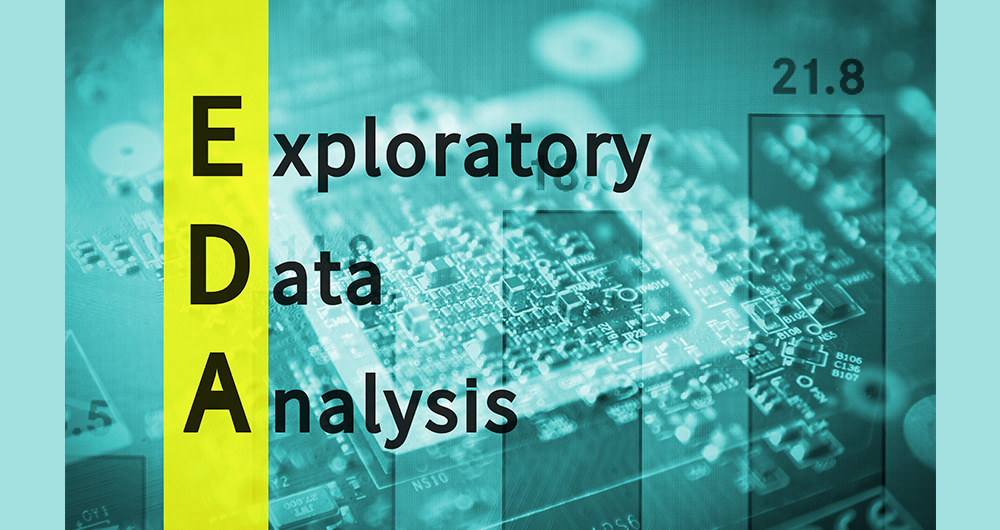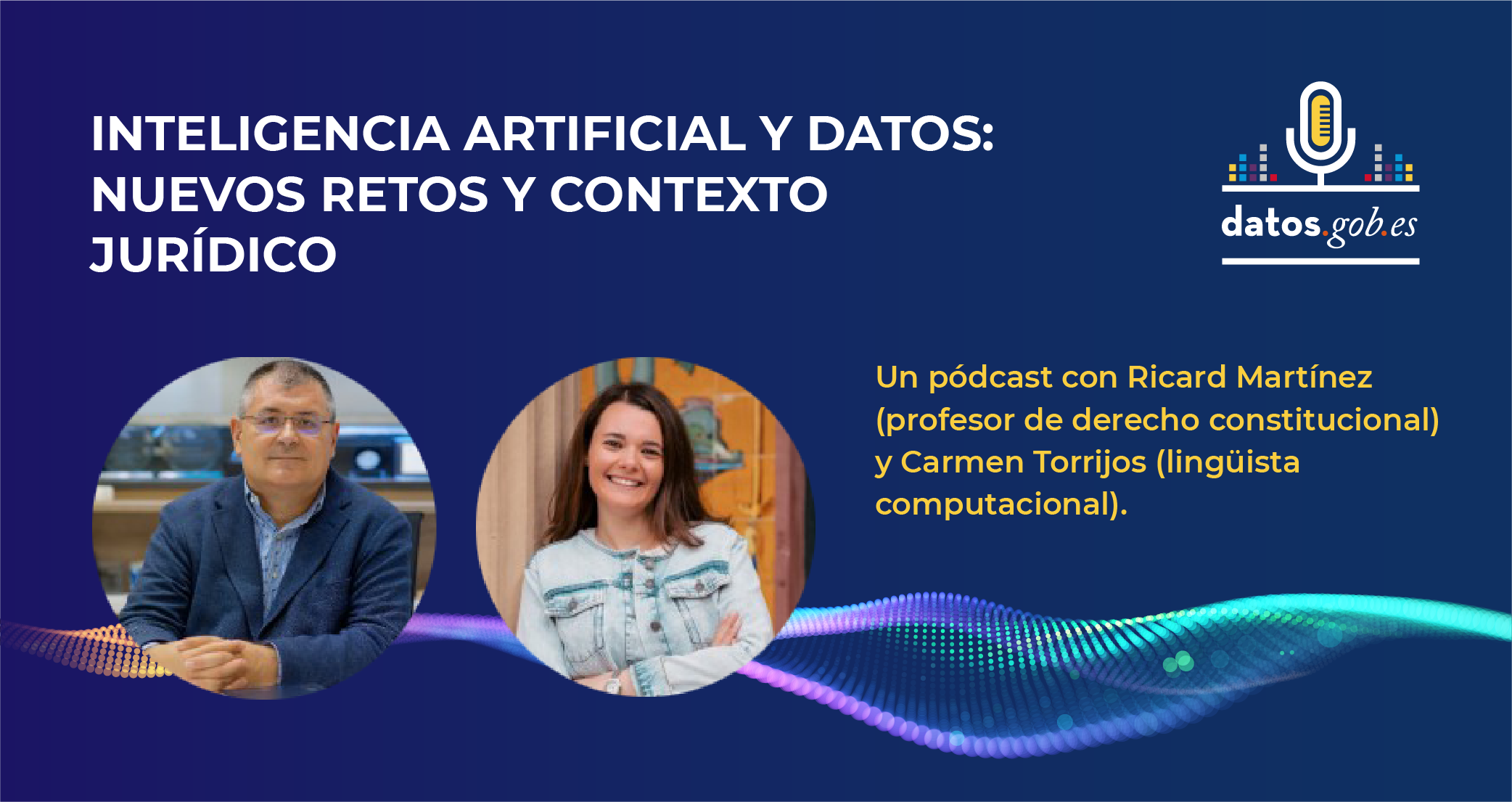
How many times have you had a dataset in your hands that you needed to analyze, but you've run into errors, inconsistencies, or formatting issues that have caused you to lose hours of work? The reality is that, although we have more data available every day, we do not always have the necessary tools or knowledge to work with it efficiently.
There are several options to address this process. One of them is Open Data Editor, a free and open-source tool that the Open Knowledge Foundation (OKFN) has designed with the aim of democratizing access to and exploitation of data.
Key features and functionalities
As indicated by OKFN, this application is designed for people who work with tabular data (Excel, Google Sheets, CSV) and who do not know how to program or do not have access to specialized technical tools. Its no-code approach makes it an accessible alternative that focuses specifically on tabular data cleansing and validation.
The tool implements a process known as "data validation," which involves finding errors in datasets and correcting them efficiently. Also, verify that spreadsheets or datasets contain all the information necessary for others to use. Therefore, it also takes into account interoperability, a very relevant value when it comes to dataset reuse.
Beyond guaranteeing reuse, Open Data Editor also ensures privacy and security thanks to its local architecture, i.e. the data remains on the user's device.
Pilot projects: global impact and tangible results
Although it is a very intuitive tool, the organization makes available to the user a free online course to learn how to get the most out of it. The course is currently in English, but Spanish translation will be available soon.
In addition to the main course, the Open Knowledge Foundation has implemented a "train the trainer" program that trains people to teach the course locally in different regions of the world. Within the framework of this training programme, pilot projects are being implemented in different sectors and communities. These pilot projects have focused especially on encouraging access to basic training in quality data analysis tools, something that OKFN believes should not be limited by economic or technological barriers.
The documented use cases show diverse applications ranging from human rights organizations to local government institutions, all leveraging the data validation and cleansing capabilities offered by the tool. The educational approach of Open Data Editor goes beyond the simple use of the tool: it is about training in open data and promoting open and accessible knowledge.
Next steps: Integrating artificial intelligence
The results of this first phase have been so promising that the Open Knowledge Foundation has decided to move towards a second stage, this time incorporating artificial intelligence technologies to further expand the capabilities of the tool. The new version, which offers validation-focused AI support and trust-building features, has just been announced and released.
The philosophy behind this AI integration is to maintain the educational character of the tool. Rather than creating a "black box" that simply provides results, the new functionality will explain every step that artificial intelligence takes, allowing users to understand not only what is being done with their data, but also why certain decisions are being made.
This transparent approach to AI is especially important in the context of open and government data, as we explain in this episode of the datos.gob.es podcast. Open Data Editor users will be able to see how AI identifies potential problems, suggests corrections, and validates data quality, becoming a learning tool as well as a practical utility.
Impact on the open data ecosystem
This new functionality will add to the purpose of offering a sustainable and open tool. It is precisely this commitment to open source that makes Open Data Editor adaptable and improved by the global developer community. To do this, they use the Frictionless Framework as a technological basis, which ensures that the standards used are open and widely adopted in the open data ecosystem.
There is no doubt that the tool is especially aligned with government open data principles, providing public administrations with a way to improve the quality of their data publications without requiring significant investments in technical infrastructure or specialized training. For data journalists and civil society organizations, Open Data Editor offers the ability to work with complex datasets more efficiently, allowing them to focus on analysis and interpretation rather than technical data cleansing.
In short, more than a technical tool, Open Data Editor symbolizes a paradigmatic shift towards the democratization of data analysis. Because its impact extends beyond its immediate functionalities, contributing to a broader ecosystem of open and accessible data.


